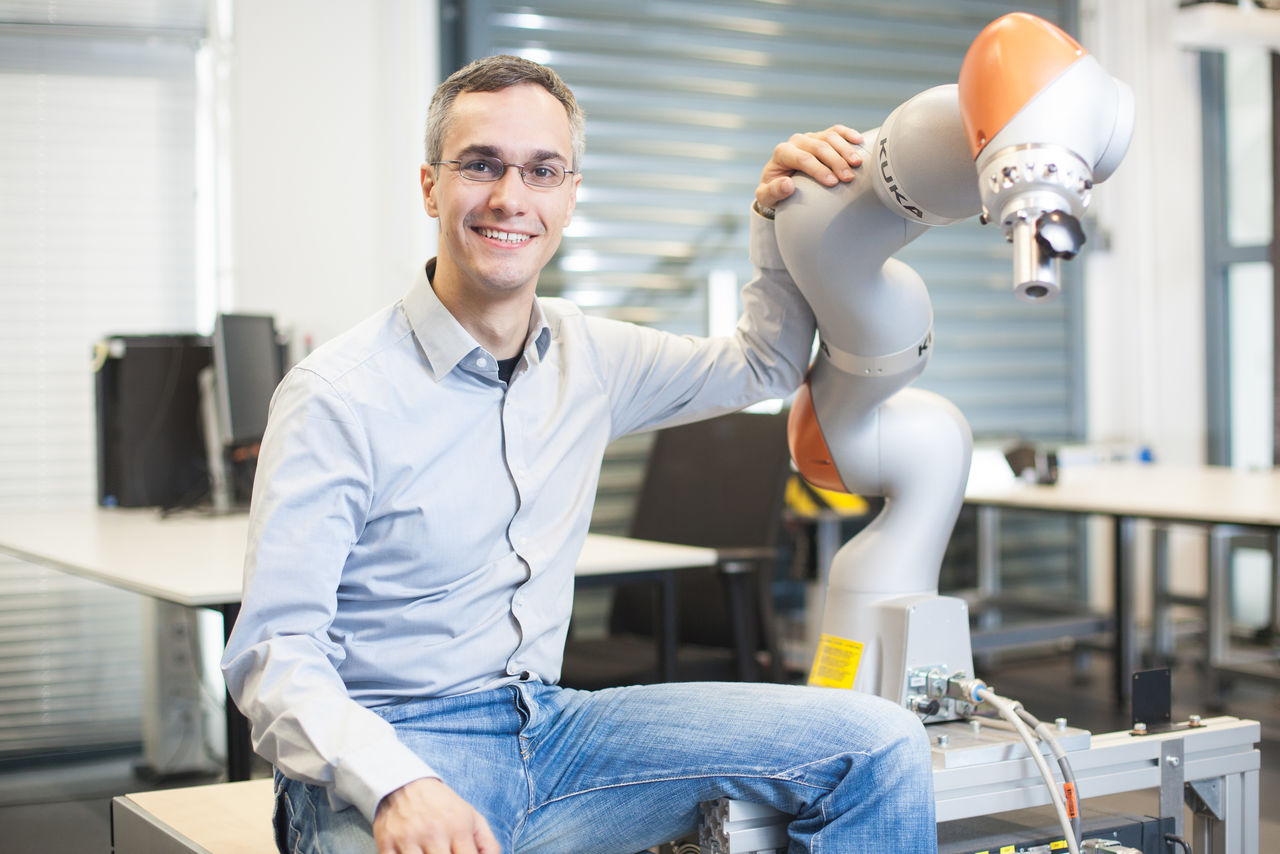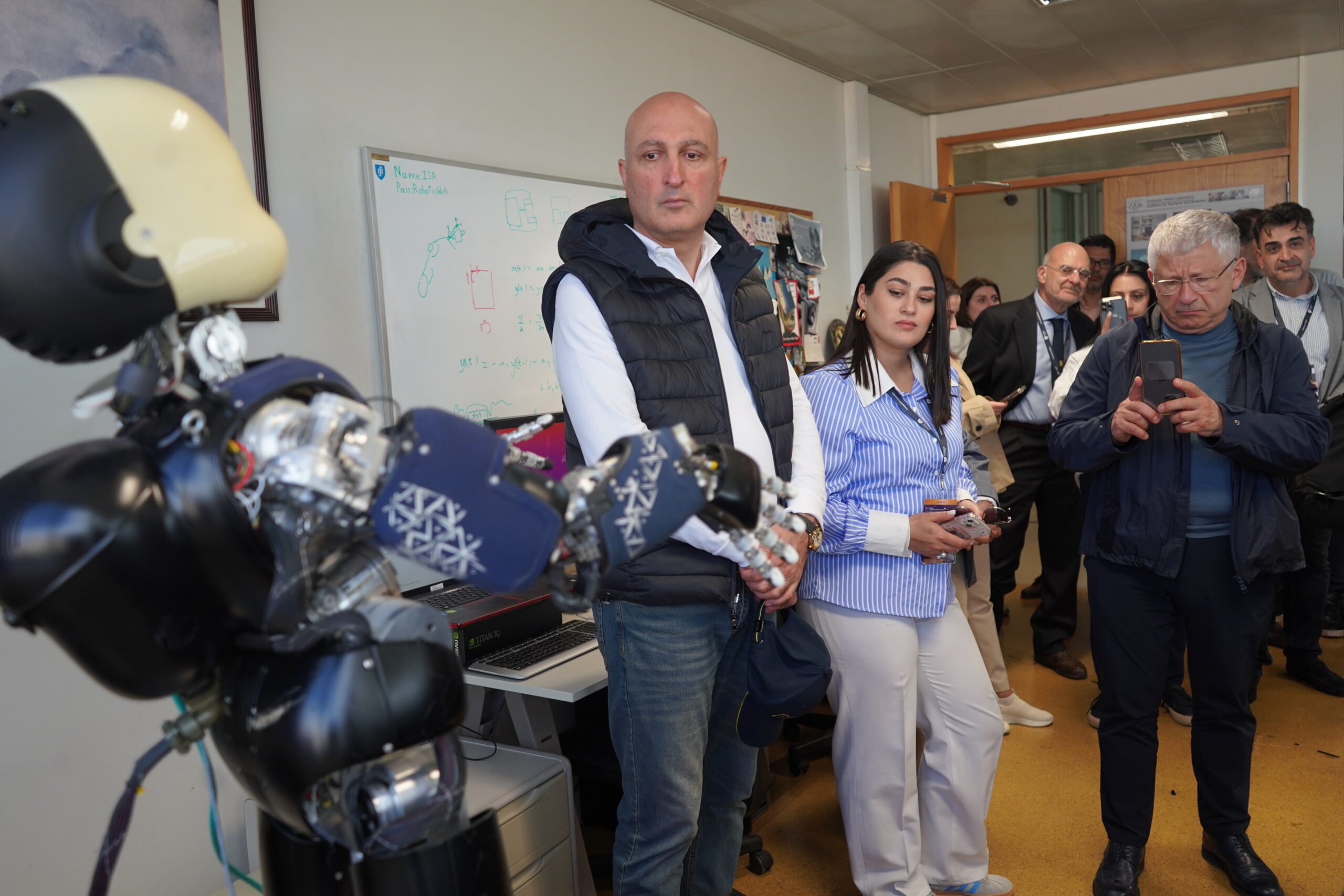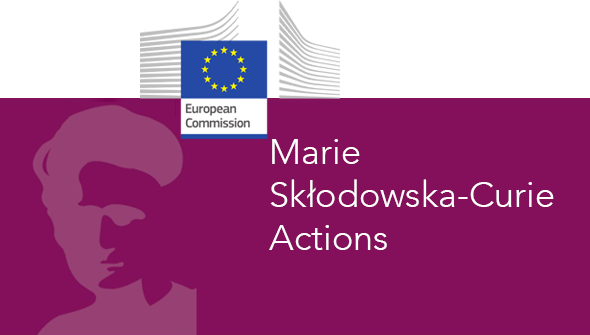
MSC Actions Postdoc Fellowships 2025
We are currently inviting expressions of interest from exceptional researchers to apply for the Marie Skłodowska-Curie Actions (MSCA) Postdoctoral Fellowships 2025, hosted at ISR-Lisboa (Institute for Systems and Robotics, Instituto Superior Técnico, LARSYS).
